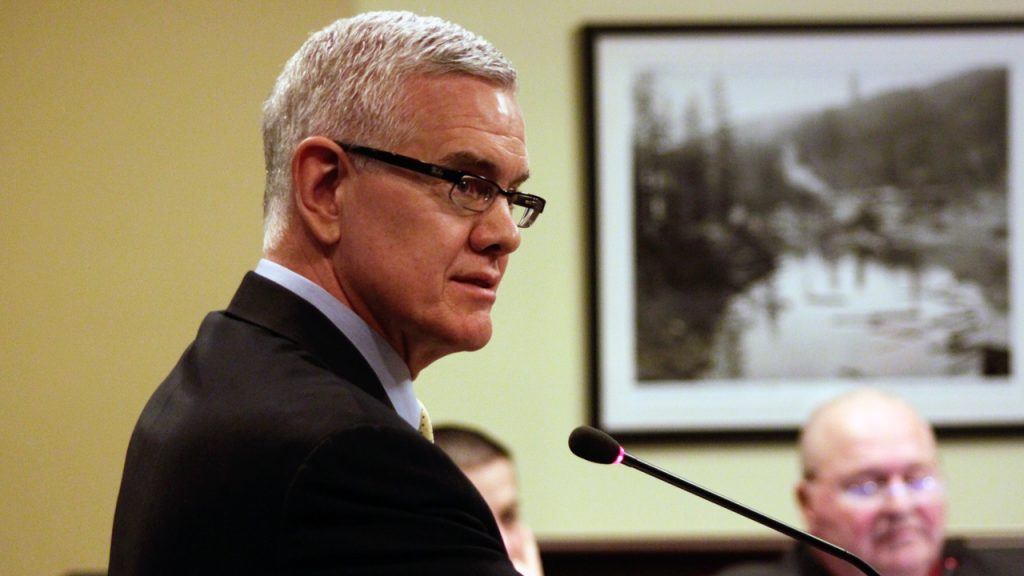Idaho “Anti-Tribal” Gambling Bill Defeated
Posted on: February 28, 2017, 01:00h.
Last updated on: February 28, 2017, 12:26h.
An Idaho gambling bill that sought to limit the scope of the state’s tribal gaming sector was narrowly defeated in a House committee this week by an 8-7 vote.

Representative Tom Loertscher’s (R-Iona) legislation wanted to close a loophole in the law that permits Native American casinos to offer a type of slot machine. Loertscher said this was simply to bring the tribes in line with the statewide ban on class III casino gaming.
But others were concerned that it was an attack on the tribes, which, they said legally operate their machines, which are their most lucrative source of revenue.
In 2002, the tribes managed to get a measure on the ballot that amended the law to permit the operation of a specific type of gambling machine, one that is similar in dynamics to a regular slot machine, except that it has no levers and dispenses cash-out tickets instead of coins.
Under the Indian Gaming Regulatory Act of 1988 (IGRA), tribes are allowed to offer class II gaming, like bingo and poker, without special dispensation from the state, provided the state offers Class II in some form within its borders. But class III requires a special compact.
Revenge of the Racetracks?
“Thousands of strong, high-paying jobs have resulted from their investments,” Steve Griffitts, the mayor of Hayden in Kootenai County, told the Spokesman Review of the benefits of tribal casinos.
“This bill in my opinion sends a negative message that strong economic growth consistent with the laws of the land can be adversely affected by potentially conflicting legislation,” he said. “Thirteen thousand jobs and $1 billion dollars is in jeopardy if this bill moves forward.”
Loertscher has also denied that the bill was an effort to “get even” with tribes that led a successful attempt to have “instant racing” gambling machines banned at Idaho racetracks in 2015. The bill, however, was heavily backed supported by the racetracks.
Headache Averted
Meanwhile, opponents of the bill say that the legislature has avoided a massive legal headache by voting it down.
Assistant Chief Deputy AG Brian Kane has said that because none of the compacts between the tribes and the state have a termination provision, they cannot be changed until they expire or are renegotiated.
Even then, the state would have to prove that the act of cutting off the source of the tribes’ most lucrative revenue source was “reasonable and necessary,” to which the likely answer would be “no.”
Had the bill passed, the state would have faced a legal challenge in which it may well have been defeated.
No comments yet